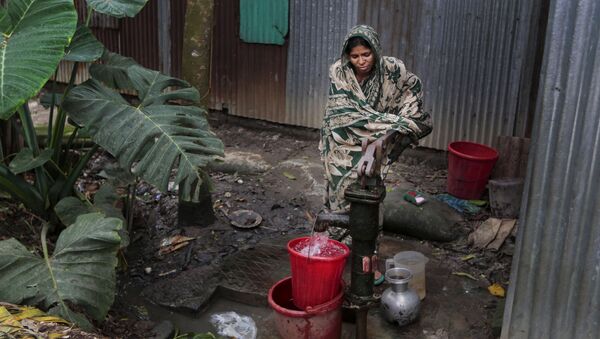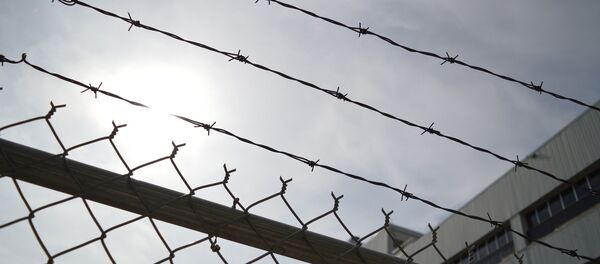The impure water supply goes back to the 1970s, when the Bangladeshi government drilled millions of wells to provide villagers with clean water, not realizing that the soil was heavily laced with arsenic.
"Bangladesh isn't taking basic, obvious steps to get arsenic out of the drinking water of millions of its rural poor," HRW researcher Richard Pearshouse told AFP.
"The reasons why this huge tragedy has remained so pervasive are due to poor governance," he noted.
"It means the situation is almost as bad as 15 years ago," said Pearshouse.
"It's a government-approved policy. The lawmakers have every opportunity to misuse their power and divert the tube wells to their supporters rather than distributing them to the people who are affected by arsenic contamination," the official said.
The UN's World Health Organization has called Bangladesh's arsenic crisis "the largest mass poisoning of a population in history".
There is a high level of naturally occurring arsenic in Bangladeshi groundwater. The poison can cause cancers of the liver, kidney, bladders and skin, as well as heart disease. HRW warned that millions of Bangladeshis would die from arsenic-related illnesses if the government and international donors do not act to mitigate contamination.





